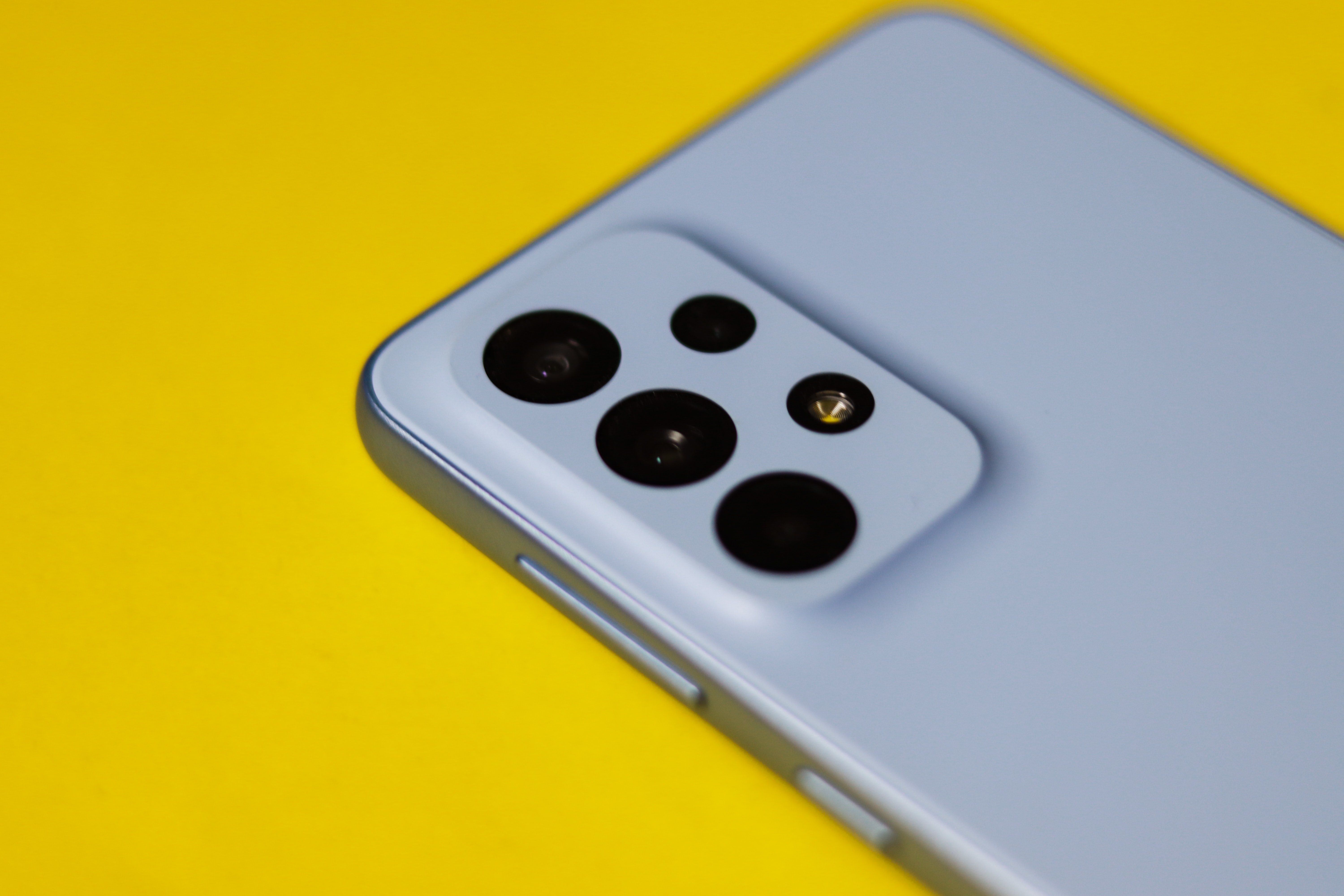Yes, China does. That law appears to be at the root of the US government's lack of trust in Huawei.
There is an equivalent law in the US called "PATRIOT Act"
Array
(
[content] =>
[params] => Array
(
[0] => /forum/index.php?threads/dutch-export-rules-on-china-in-focus-ahead-of-asml-results.17359/page-2
)
[addOns] => Array
(
[DL6/MLTP] => 13
[Hampel/TimeZoneDebug] => 1000070
[SV/ChangePostDate] => 2010200
[SemiWiki/Newsletter] => 1000010
[SemiWiki/WPMenu] => 1000010
[SemiWiki/XPressExtend] => 1000010
[ThemeHouse/XLink] => 1000970
[ThemeHouse/XPress] => 1010570
[XF] => 2021370
[XFI] => 1050270
)
[wordpress] => /var/www/html
)
Yes, China does. That law appears to be at the root of the US government's lack of trust in Huawei.
The Patriot Act is mostly about searches and investigations, and mostly about spying on people in the US. Here is an independent analysis of the law:There is an equivalent law in the US called "PATRIOT Act"
The Patriot Act is mostly about searches and investigations, and mostly about spying on people in the US. Here is an independent analysis of the law:
Can you post an equivalent explanation of the Chinese law in English for those of us unfamiliar with it?

You keep moving the goal posts. I don't want to play anymore.Apparently,under Patriot Act the US government can force companies to hand over data

PATRIOT Act Gives Foreigners Good Reason to Avoid US Clouds
Politico is running a fantastic piece on the problems that the PATRIOT Act is raising for American cloud companies in the market for overseas customers. The piece details how foreign cloud customers are worried that the US government will use its expanded surveillance powers to snoop on any data...www.wired.com
Welcome to the club lol.You keep moving the goal posts. I don't want to play anymore.
These “golden shares” often require the state to buy only 1% of a company and yet confer the right to appoint board members and veto important decisions.

Try it with more data, it appears to be selection bias...Really?According to statistics,Xiaomi and Realme's market share increased in 2022 Q3 in Europe

Europe Smartphone Market Down 16% YoY in Q3 2022; Sequential Growth Hints at Stabilisation - Counterpoint
- Europe Smartphone Market Down 16% YoY in Q3 2022; Sequential Growth Hints at Stabilisation - Counterpointwww.counterpointresearch.com

I agree. I'll add that "reverse engineer" often just means repairing old stuff bought on the cheap, fixing it up somewhat, maybe using a better battery or screen. By the standards of Samsung or Apple, any repair that improves the phone is an IP violation. But this is how competition is supposed to work, and IP as well: Patents frequently build one small improvement on an existing technology, carving out a small space. I think that for the most part, Huawei is guilty of competition with Apple and Samsung.I can see the cycle you describe happening in consumer goods, perhaps even airliners (COMAC), but can you name even one example where it's happened in chip design or manufacturing? Huawei, for example, perhaps China's best example of a high-tech manufacturer, developed their own products. They often used other technologies in their products, like Android to name one, but they don't seem to me to be an example of your cycle. Many Huawei products were just good, to my knowledge. Their telecom equipment is not trusted due the perception that the Chinese government can control them and use their equipment to spy on other countries, but by all accounts they are lower-priced and good performers, and not copies or derivatives.
